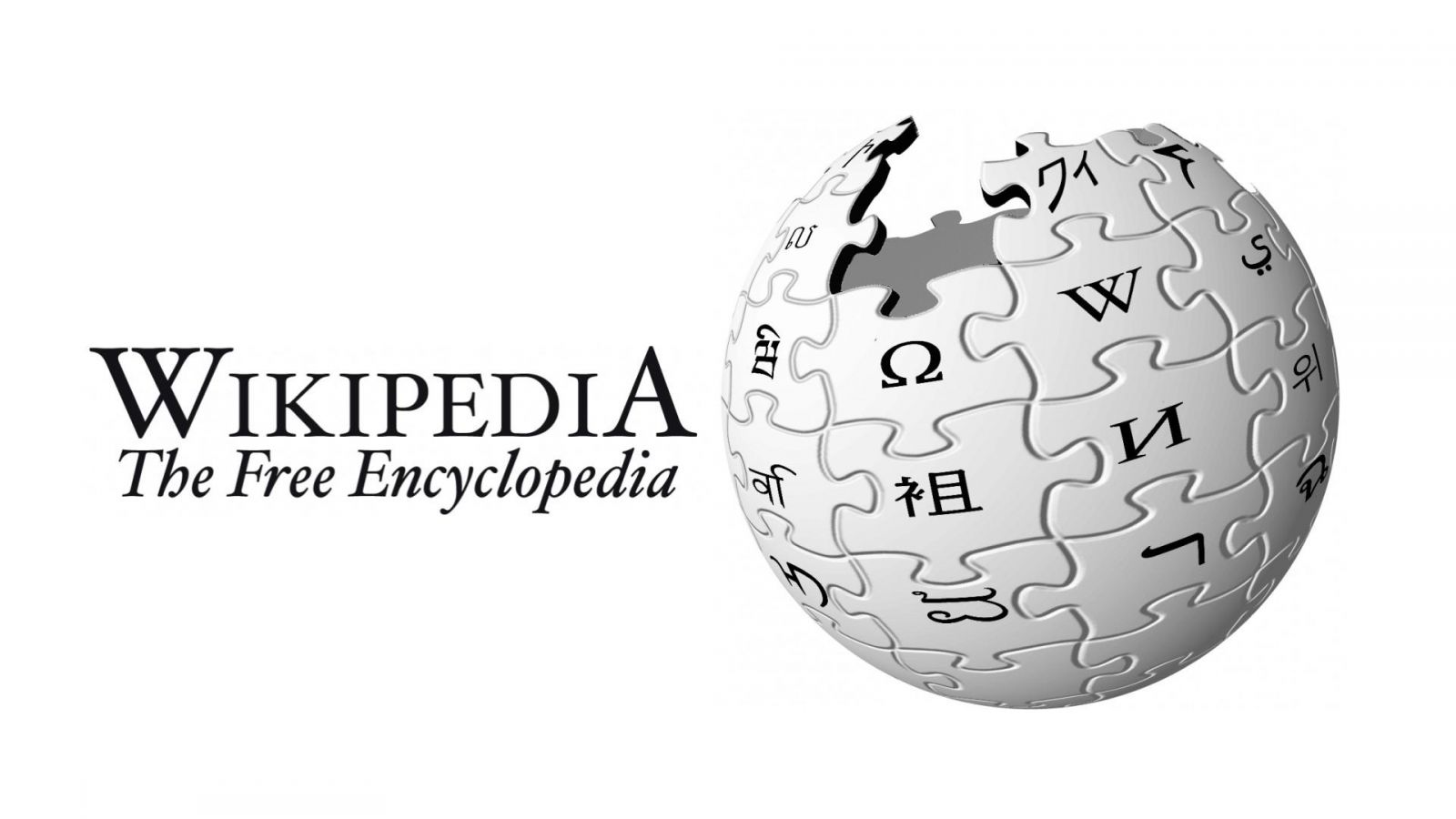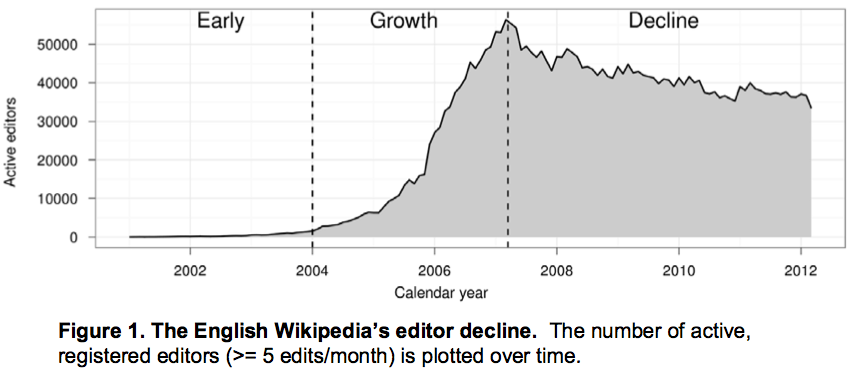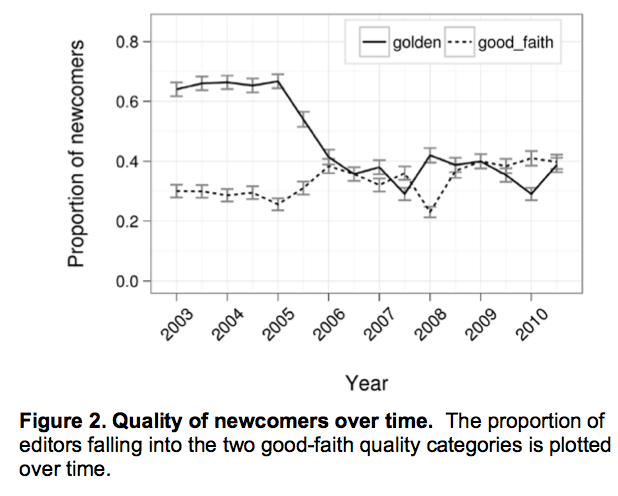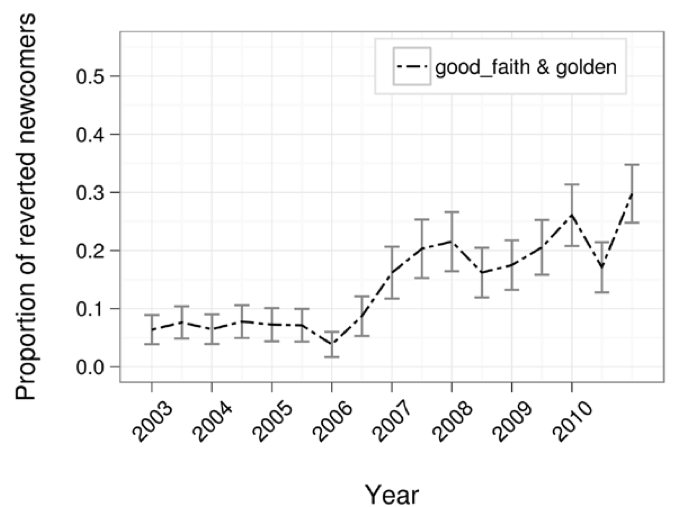
| Theme: 5II Online learning 2 | |||
 |
||||||
| No longer the ugly sibling: why Wikipedia must be accepted as a core medical education resource |
 |
|||||
|
||||||

As the sixth most visited domain on earth1 Wikipedia.org is now a cornerstone of existence. It is structured as a free resource enabling any user to add or edit information. Administration teams now review all articles for authenticity, placing Wikipedia.org amongst the top ten globally trusted websites.2 Since 2012 it’s has been the largest online reference site3 with some analysts claiming it as the most used online healthcare source globally.4 With 94% of current medical students5 and 70% of junior doctors6 using the resource, medical educators must support and promote Wikipedia’s rapid growth
We analysed internet usage of Wikipedia.org and then considered strategies for integrating Wikipedia more fully into formal medical education curricula.

Since a peak in 2007, the number of Wikipedia contributors has been in steady decline
Dig deeper and evident the quality of these contributors is in decline also.


Wikipedia outperforms traditional resources in domains of pricing, speed of access and breadth of information. Opportunities for integration of Wikipedia into current medical curricula exist; primarily in the position statements issued by universities, and secondarily through formal university initiated programmes.8
Wikipedia.org remains a raw resource with significant improvements required prior to full acceptance into formal medical education. Students’ current reliance on information ratified by only a small group of 1418 global administrators9 must be viewed cautiously, due to the large scope for acceptance of incorrect information. We must focus on methods for incorporation of Wikipedia into formal education settings. If this occurs the remit exists for a smooth transition of what was once the ugly sibling, but now a valuable resource, into the education of medical students
Wikipedia is a cornerstone of global information sharing and used by almost all medical students. It must be fully integrated into the education of tomorrow’s doctors to ensure informal use does not replace formal medical education.
Sincere thank to Aaron Halfaker for permission to quote from his referenced work.
1. Top Sites. Alexa Top 500 Global Sites. N.p., n.d. Web. 28 Aug. 2014.
2. Most Trusted Websites in the UK. Market Research Expert. N.p., n.d. Web. 24 Aug. 2014.
3. Heilman J, Kemmann E, Bonert M, Chatterjee A, Ragar B, Beards GM, et al. Wikipedia: a key tool for global public health promotion. Journal of Medical Internet Research 2011;13:e14.
4. Heilman J. Online encyclopedia provides free health info for all. Interview by Fiona Fleck. Bulletin of World Health Organization 2013;91:8-9
5. Wikipedia use amongst medical students – New insights into the digital revolution. Medical Teacher - 35(4):Page 337
6. Hughes B, Joshi I, Lemonde H, Wareham J. Junior physician’s use of Web 2.0 for information seeking and medical education: a qualitative study. Internal Journal Medical Information 2009;78:645-55.
7. Halfaker, A., Gieger, R. S., Morgan, J., & Riedl, J. The Rise and Decline of an Open Collaboration System: How Wikipedia's reaction to sudden popularity is causing its decline. (2013). American Behavioral Scientist 57(5) 664-688, DOI:10.1177/0002764212469365.
8. America’s Future Doctors Are Starting Their Careers by Saving Wikipedia. Quartz. N.p., n.d. Web. 24 Aug. 2014
9. Wikipedia:Statistics. Wikipedia. Wikimedia Foundation, 24 Aug. 2014. Web. 24 Aug. 2014.

 Send Email
Send Email